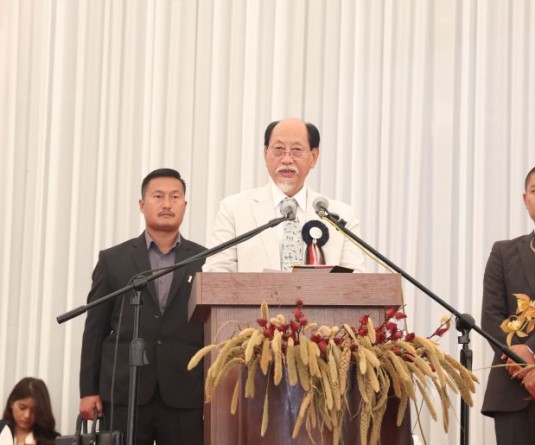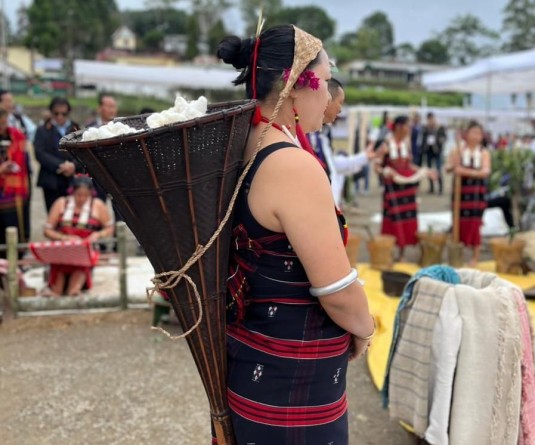
Is India’s fear of China still clouding over the Naga Peace Process?
Morung Express News
Dimapur | September 30
In September 1964, the Nagas signed the first ever ceasefire agreement with the Government of India, which the latter broke unilaterally in 1972. With bureaucrats predominantly dealing with the Naga question, a political path could not be forged even as attempts were made, till 1977, for Indira Gandhi to begin political talks with AZ Phizo.
Through this period, the fear of China loomed large over India’s psyche. The Nagas had begun to procure arms as well as train under the patronage of the Chinese regime and the Indo-China war made the burden heavier still. Some of these factors eventually led to the breakdown of the ceasefire.
After six decades of military operations in the region, political negotiations with armed political groups as well as international diplomatic relations with China, one would imagine this burden on India to have lightened. Reports suggest otherwise.
The Assam Tribune and Asian Age reported late Saturday night the fear of the Indian Union Ministry of Home Affairs that ‘Chinese agencies’ are attempting to “derail the peace process in Nagaland.”
“Highly placed,” and obviously anonymous, “sources” in the Ministry of Home Affairs (MHA) told the Assam Tribune that “of late the Chinese agencies have been trying to influence ‘some groups’ of the Northeast, including the rebel outfits, to derail the peace process in Nagaland. For years, the Chinese agencies have been directly or indirectly helping out the rebel groups of the Northeast as the neighbouring country does not want permanent peace in the region.”
“China knows very well that if permanent peace is restored in Nagaland with an amicable solution of the Naga political problem, militancy in the region would receive a severe setback. Under the circumstances, we have proof of Chinese agencies keeping a close watch on the process of talks and there are reasons to believe that efforts would be made to sabotage the process,” Assam Tribune’s sources told the newspaper in Guwahati without actually producing any ‘proof.’
The “security sources” from the Indian Union Ministry of Home Affairs also told the Asian Age that “Naga groups holding talks with Centre has now understood the game plan of these external forces (from China),” and that “they have distanced themselves from engaging and responding to such provocative remarks.”
Overstepping their mandate, the ‘sources’ informed both the newspapers that the Centre has “agreed” to create an autonomous council each for Naga people in Arunachal Pradesh and Manipur once ‘all stakeholders are on board.’ It may be recalled that the Indo-Naga peace process is being conducted at a political level with keen willingness for peace shown by both sides.
The ‘sources’ told Asian Age that “Even after the final settlement and signing of the peace accord, Naga group(s) may continue to fight for their political rights. Like any other Indian, they also have constitutional right to pursue their demand at the political level.”
The ceasefire of 1964 was understood to be a “lost opportunity” for peace by the Nagas as well as the Indians.
Journalists from the era have reported on how the fear of China, Indian bureaucratic influence, provocations and “clever tactics” had led to the failure to develop trust with the Nagas. In 2018, re-starting war due to the same reasons is not an option for either side.





